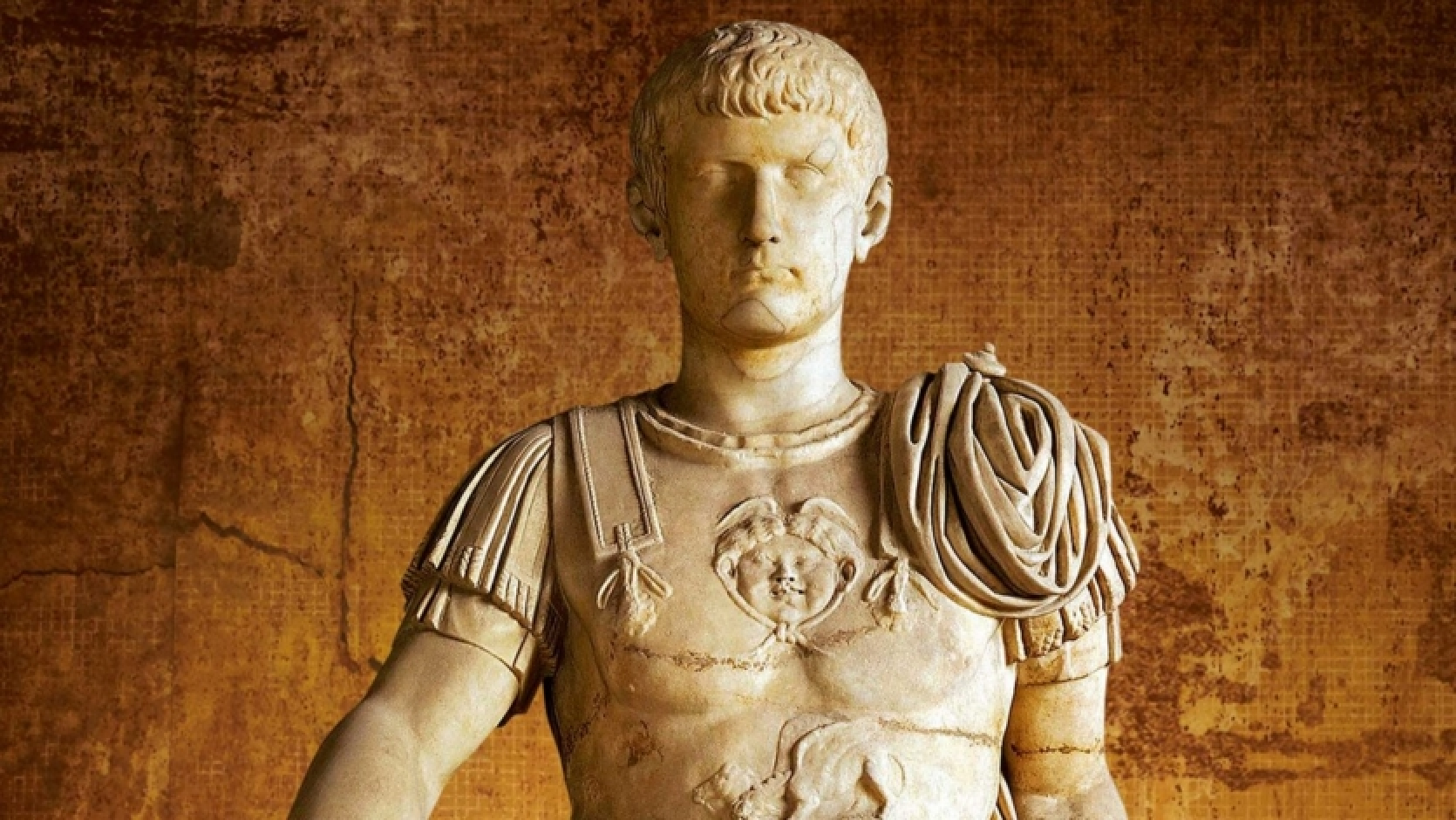Builders near the Vatican have come across a unique find - gardens that belonged to the Roman Emperor Caligula. This historical monument, over 2000 years old, is located on the banks of the Tiber.
During the construction of a new junction in Piazza Pia, workers accidentally uncovered ancient ruins. Archaeologists who joined the excavations discovered a lead water pipe with a Latin inscription. The inscription referred to Gaius Caesar Augustus Germanicus, known in history as Caligula.
Caligula ruled the Roman Empire from 37 to 41 AD. His short reign was remembered for cruelty and eccentric behavior. The emperor became infamous for tyranny and mistreatment of senators, which eventually led to his assassination by the Praetorian Guard Personal guards of Roman emperors of the Roman Empire..
Personal guards of Roman emperors of the Roman Empire..
The discovered gardens confirm the account of the Egyptian philosopher Philo of Alexandria Was a prominent Jewish philosopher and theologian who lived roughly between 20 BC and 50 AD in Alexandria, Egypt.. In his work "Embassy to Gaius," he describes Caligula's meeting with representatives of the Alexandrian Jews precisely in the garden by the Tiber. The emperor then denied the Jewish community religious autonomy, siding with the Greeks in the conflict between the two communities of Alexandria.
Was a prominent Jewish philosopher and theologian who lived roughly between 20 BC and 50 AD in Alexandria, Egypt.. In his work "Embassy to Gaius," he describes Caligula's meeting with representatives of the Alexandrian Jews precisely in the garden by the Tiber. The emperor then denied the Jewish community religious autonomy, siding with the Greeks in the conflict between the two communities of Alexandria.
Archaeologist Alessio De Cristofaro notes that this discovery is of special significance. Piazza Pia is located in the same area where the "Horti Agrippinae" - the gardens of Agrippina the Elder, Caligula's mother, once were. Researchers assume that this property passed by inheritance from Germanicus to his wife Agrippina the Elder, and then to their son Caligula.
In addition to the water pipe, archaeologists found fragments of Roman ceramics and terracotta figurines with mythological scenes that adorned the roofs of buildings at that time.
Source: Livescience














Comments (0)
There are no comments for now